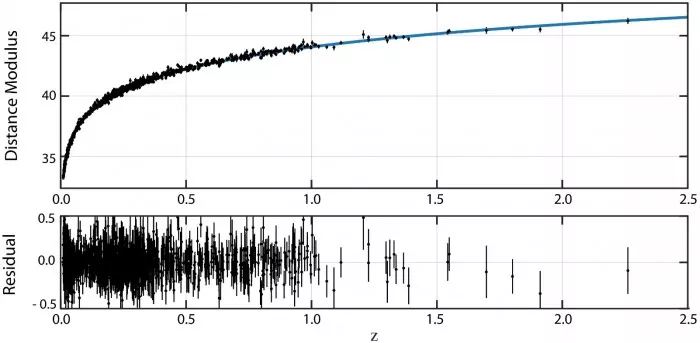American scientists in the latest issue of proceedings of the National Academy of Sciences According to the article on the, after modeling and analyzing the properties of dark energy, they found that after about 13.8 billion years of continuous expansion, the universe may stop expanding and begin to shrink slowly in less than 100 million years**
[](/thumb/article/2022/0311/037bfcbfcbb27ff.png)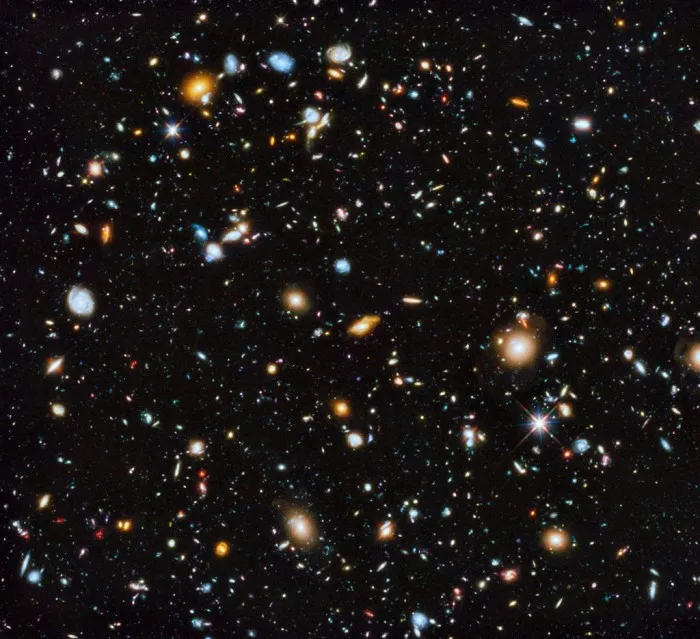
Since the 1990s, scientists have learned that the expansion of the universe is accelerating, and the distance between galaxies is now expanding faster than billions of years ago. The mysterious force behind this phenomenon is called dark energy. It seems to push them further into the universe than pull them together with dark energy. Although dark energy accounts for about 70% of the total mass energy of the universe, its nature is still a mystery.
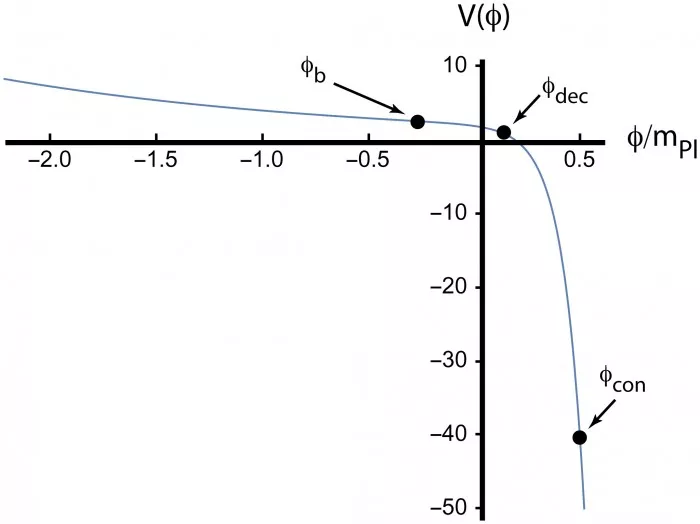
Albert Einstein believed that dark energy is a cosmological constant, a form invariant energy woven in the structure of space-time. If so, the force exerted by dark energy will never change, then the universe should continue to expand (and accelerate) forever. But in 1998, Paul Steinhart, co-author of the study and director of the center for theoretical science at Princeton University, and others put forward a different theory that dark energy is not a constant natural force, but an entity called essence, which will decay over time.
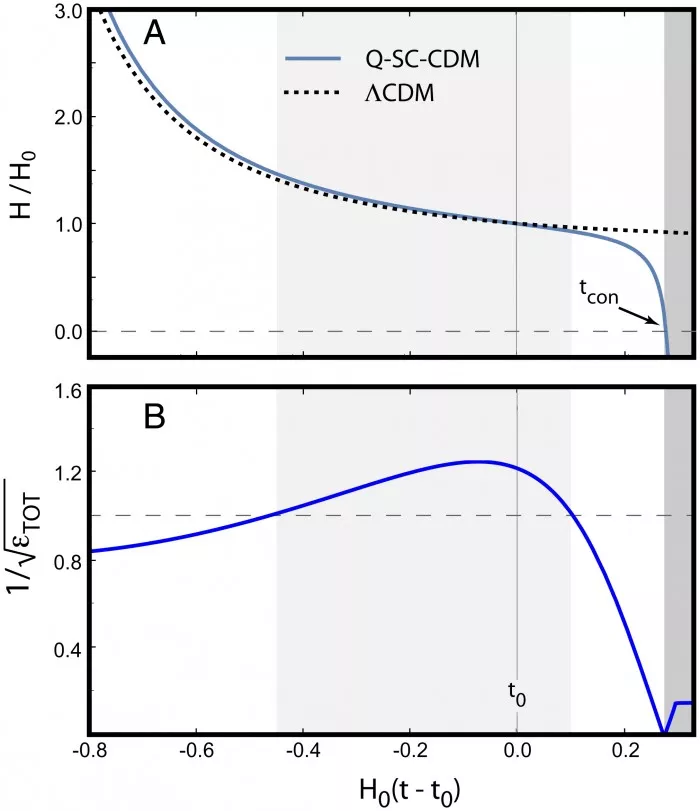
In this new paper, three scientists, including Steinhart, try to model the properties of dark energy based on past observations of the expansion of the universe. The results show that although the universe has accelerated its expansion for billions of years, the repulsion of dark energy may be weakening. The accelerated expansion of the universe may end "rapidly" in the next 65 million years, and the universe may completely stop its expansion and enter a state of slow contraction in 100 million years. "It will be a very slow contraction, and it will take billions of years for the universe to reach half its current size," Steinhart said
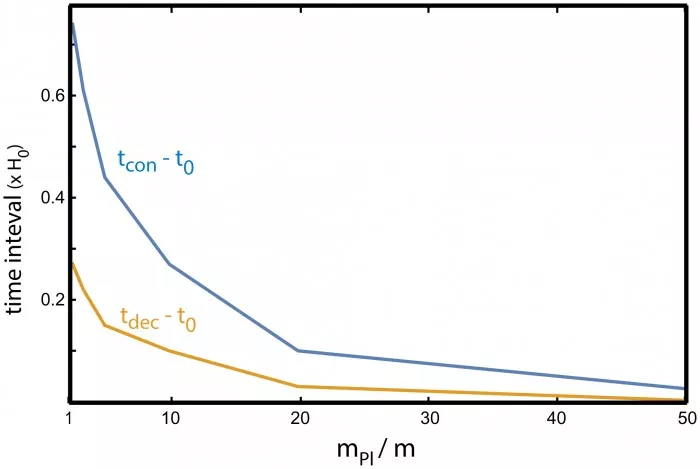
Stanhart said that from then on, the universe may have two situations: either continue to shrink until it collapses in a big "contraction" and ends space-time; Either shrink to a state just similar to the original state, and then another big bang or a big "rebound" to create a new universe from the ashes of the old universe.
Gary sinshaw, a professor of physics and astronomy at the University of British Columbia in Canada, said that since the model only relies on past observations of the expansion of the universe, and the nature of dark energy in the universe is still an unsolved mystery, the hypothesis proposed in the latest study cannot be verified at present. Only time will tell us the future fate of the universe.
